The police have arrested three Chinese nationals and identified 14 other suspects in connection to the housebreaking syndicates in Singapore.
Huh? Simi housebreaking syndicates? Well, if you’ve yet to hear of the housebreaking syndicates in Singapore, fret not — here’s everything you need to know about it.
Police Looking for 14 Suspects Linked to Housebreaking Cases in Singapore
If you didn’t already know, Singapore has seen a recent spike in burglary cases since June, with many of these burglaries occurring in landed properties near forested areas and park connectors.
Thus far, there have been ten such burglary cases linked to international crime syndicates and about $3.85 million in cash and valuables stolen.
Wah. A rare occurrence in Singapore sia. Maybe can buy ToTo later.
On Saturday (17 August), the Singapore Police Force (SPF) named 14 Chinese nationals who could assist with investigations into the housebreaking cases. In other words, all 14 of the listed Chinese nationals are suspects that could be linked to the recent spate of housebreaking cases in Singapore.
These suspects are Chang Yanguo, Chen Fuan, Huang Huitang, Huang Ziquan, Ling Yingjie, Liu Laixiang, Long Chaochang, Long Yongjiu, Long Zhaohai, Luo Anding, Mo Zhengguo, Wei Mingzhen, Wei Yongguo, and Wu Jianxin.
Wah. Macam assembling the Avengers sia.

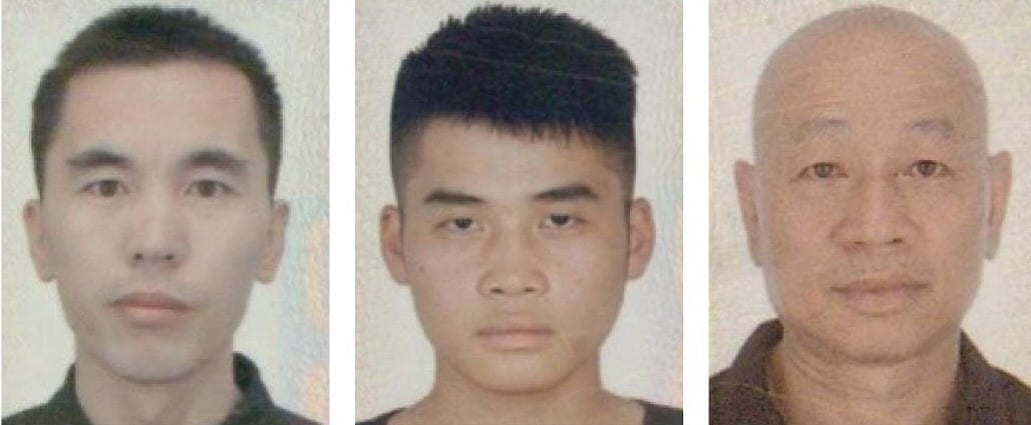
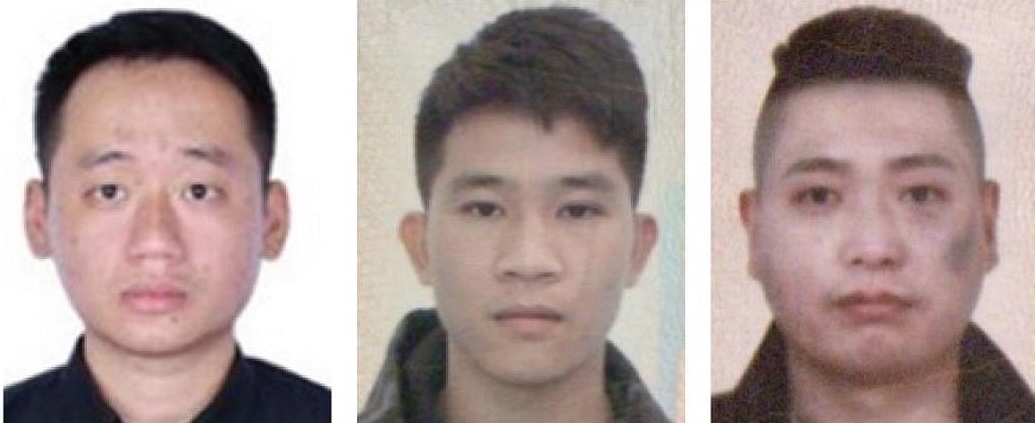
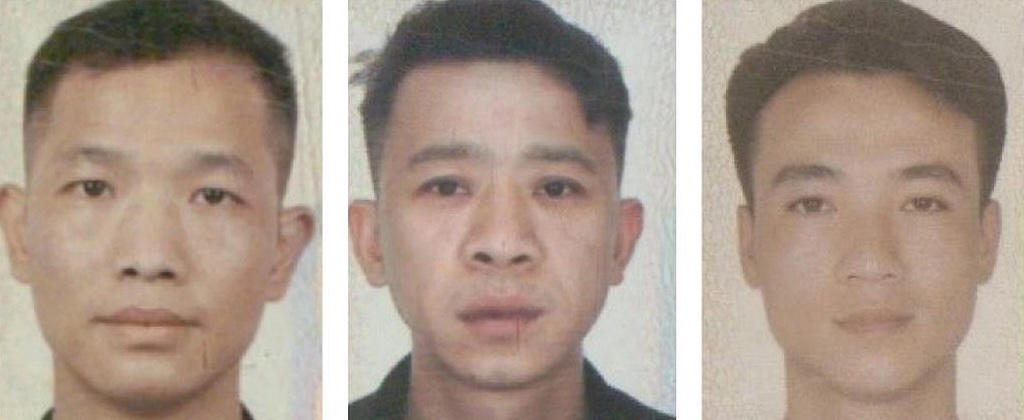
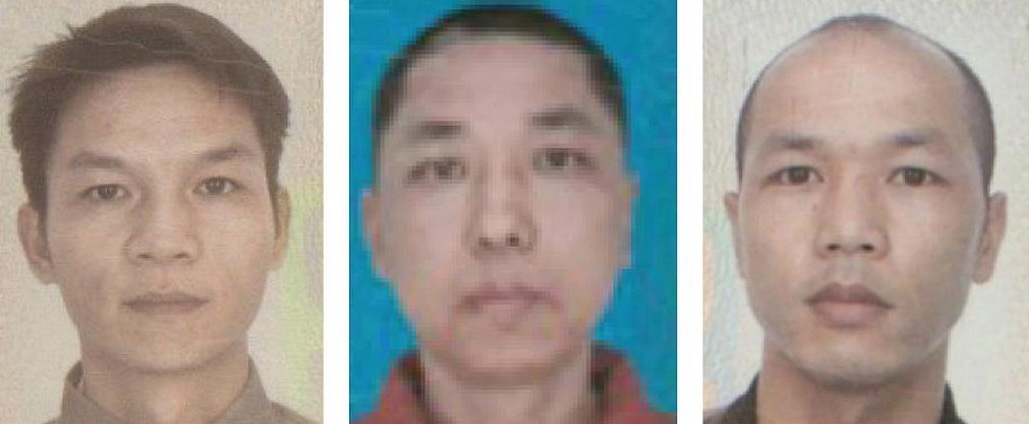
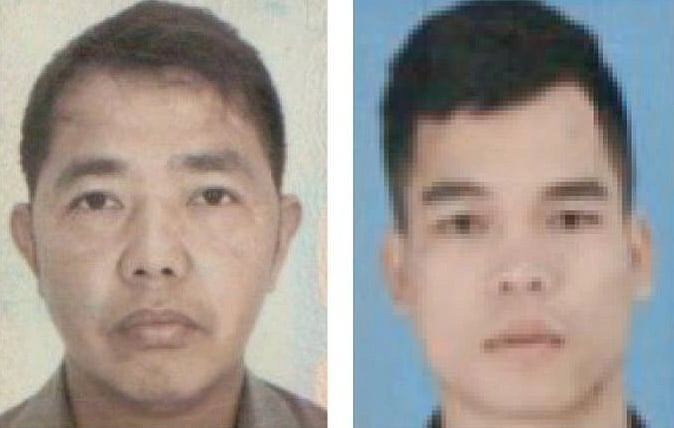
So that’s the good news — that the police have identified 14 suspects who might be able to assist in investigations. The bad news, however, is that these suspects are currently out of Singapore.
Sian… Then how?
Singapore always has solutions lah. Since the suspects are no longer in Singapore, the SPF is engaging the Chinese authorities for information on these suspects, as well as to help locate the 14 suspects.
As people always say, teamwork makes the dream work.
3 Chinese Nationals Already Arrested in Relation to Housebreaking Cases in Singapore
In other news, three Chinese nationals have also been arrested in connection with the housebreaking cases. 38-year-old Long Zhihua (leftmost) and 43-year-old Luo Changchang (centre) face one charge of housebreaking each, while 27-year-old Wu Jinxing (rightmost) faces one charge of possessing benefits of a crime.
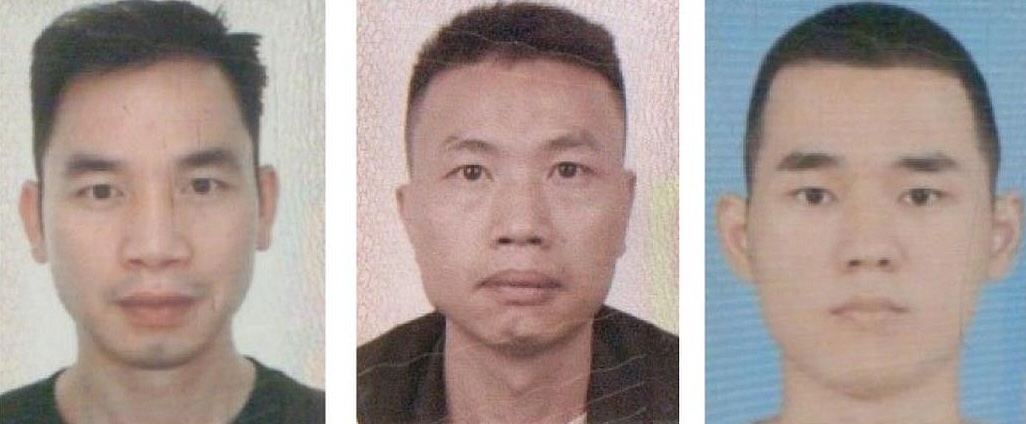
Long and Luo had allegedly broken into a house in Windsor Park Road earlier on 22 June and stole jewellery worth more than $630,000. Hence, the housebreaking charge against each of them. Long also faces an additional charge of fraudulent possession of property presumably for, well, fraudulently possessing property.
Wu, on the other hand, faces one charge of possessing benefits of a crime instead of housebreaking. If you stay around the Rail Corridor, you might have seen Wu’s arrest.
Wu was arrested on 27 July in the Rail Corridor area near Bukt Sedap Road. After he was arrested, he led the authorities to a hotel room in Geylang, where more than $520,000 in cash, luxury watches and bags were stashed.
These items included an orange Hermes Birkin bag valued at $75,000, about S$68,000 of cash, and foreign currencies amounting to S$78,000. Three luxury watches were also found in the stash, including a Jaegar-LeCoultre watch, a Hublot watch and an Omega timepiece.
This man might have mastered the art of literal window shopping.
However, while all three arrested individuals appear to be linked to housebreaking syndicates, Wu does not seem to have worked directly with Long and Luo. Instead, the cash, luxury watches and bags held onto by Wu was allegedly stolen by one Wu Jianxing.
Yes, you read that right. There’s a “Wu Jinxing” and a “Wu Jianxing” — the former is the one holding onto the stolen items, while the latter is the one who allegedly stole the items in the first place.
Try not to get confused lah.
How the Housebreaking Operations Work
Singaporeans who have been on our sunny island since time immemorial might be wondering how exactly these housebreaking operations work. After all, it’s not common to hear of housebreaking in Singapore — we pride ourselves on being safe; so safe that we can chope tables at the kopitiam using our phones and laptops.
The SPF and Minister for Law and Home Affairs K. Shanmugam have since shed more light on how these housebreaking operations have worked.
As a baseline, there are two groups of burglars involved in these housebreaking operations. The first group consists of, well, the burglars — the ones that break into your home to steal your items. The second group consists of the collectors — the ones that pick up the loot from the burglars.
These housebreaking syndicates, as Mr Shanmugam puts it, are “quite sophisticated’. How it works is that the first group — the burglars — would steal items from homes and conceal them in forested areas nearby before heading off. Afterwards, the second group — the collectors — would pick up the loot from these forested areas.
It’s quite a smart strategy. Imagine if you were on the Rail Corridor for a morning jog, and suddenly see a few men running down the track carrying bags and bags of loot — suspicious, isn’t it? Dropping the loot off in a forested area draws much less attention.
This explains why the housebreaking syndicates have largely targeted homes near forested areas and park connectors — there are convenient and concealed spaces to drop off and collect their loot.
But that’s not the end of these housebreakers’ strategy. Members of these housebreaking syndicates also don’t dwell in Singapore for long, which makes it difficult to locate them. The suspects are believed to be transient travellers who entered Singapore as social visit pass holders, usually for one to two days before carrying out the housebreaking.
This presumably explains why the 14 suspects that police have identified are no longer in Singapore.
So, if you haven’t been locking your doors, you should probably start doing so lah. Goody Feed’s Blue Cat tells you more about this:
What the Police Have Been Doing to Address the Housebreaking Issue
To address the housebreaking issue, individuals can be more vigilant when it comes to home security. For instance, installing burglar alarms and CCTV cameras — in today’s day and age, it’s not difficult to shop for a CCTV camera online and have it delivered within the week.
Residents can even consider setting up message groups to update one another on housebreaking incidents or suspicious individuals in the area — this is exactly what certain residents have already done thus far.
But you might also be wondering: “What have the police been doing to help address the housebreaking issue?”
The first solution starts with the PolCams scattered all around our HDBs which we all know and love. The SPF is now looking to install PolCams in private residential areas to both deter crime and help crack cases when they do happen.
After all, these PolCams have proven to be rather effective — police cameras islandwide have helped officers solve thousands of crimes since they were first installed.
The police have also engaged with residents of landed properties islandwide and distributed crime prevention advisories to those living near forested areas and park connectors.
Next, residents have also been engaged under the “Citizens On Patrol” scheme, which, as the scheme’s name suggests, engages volunteers to patrol affected areas. These volunteers undergo one-and-a-half days of training on basic crime prevention, SGSecure and Community Emergency Preparedness.

You could sign up too, if you’re interested! These volunteers move around the estate in groups of four to help prevent and detect potential housebreaking, as well as crime in general.
Last, we have what appears to be the most innovative solution — the deployment of mobile cameras and drones in the affected areas.
Mobile cameras, also known as Mobicams, have been deployed at more strategic locations within affected estates, such as major junctions and the main entry and exit points. No matter where the burglar is, there’s a camera watching lah.
What makes these Mobicams even more impressive is that they have self-sustainable power supplies — not like your iPhone or AirPods which constantly require charging. These Mobicams can also be set up quickly outdoors if needed.
Quick and hassle-free deployment.
Drones have been deployed to perform aerial patrols. These drones are fitted with blinkers, cameras, and thermal sensors — you can see how it helps to enhance visibility within affected areas and to help detect suspicious activities lah.
These drones will also support search operations in response to suspected housebreaking cases or sightings of suspicious individuals.
The only downside is probably that residents of such estates will constantly be hearing the drones zooming by their houses lah. Is it a good price to pay for better security? It’s your call.
But of course, addressing crime is always a combined effort. As Mr Shanmugam put it: “We have to ask all Singaporeans to be vigilant, come forward if they see anything suspicious in their neighbourhoods.”
And even though, for now, these housebreaking cases appear to be an issue unique to the wealthy staying in landed properties, it still serves as a reminder to all Singaporeans, regardless of what property one stays in, that our security shouldn’t be taken for granted lah.




